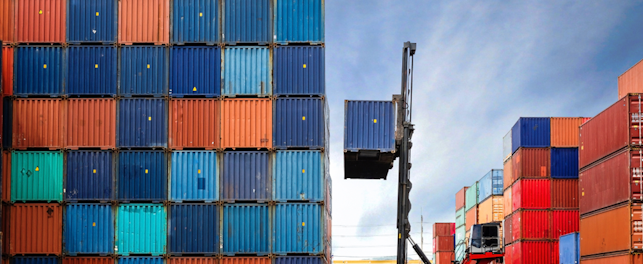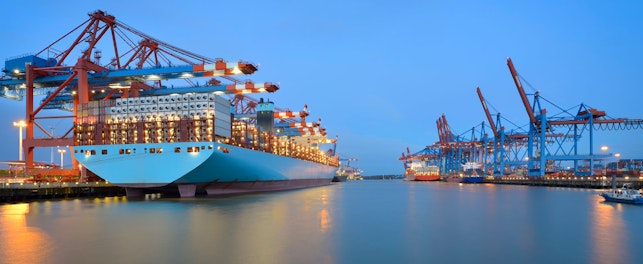On February 1, 2020, the Kingdom of Morocco’s Product Conformity Assessment Program came into effect. We look at what products are regulated and the verification process required to access Moroccan markets.
The Ministry of Industry and Trade of the Kingdom of Morocco has implemented a Product Conformity Assessment Program for industrial goods imported into the country. This requires that products destined for Moroccan markets must be assessed for compliance with applicable regulations and standards. It covers a wide variety of products, with the exception of agri-food and pharmaceutical products, and fulfills Law 24-09, complemented by Decree no. 02-212 and Decree no. 3873-13.
The following non-exhaustive list details the product families regulated under this program. 80% are subject to control at origin and 20% are controlled at the Moroccan border.
- Household appliances
- Other electrical products
- Building materials (pipes, sheets, sanitary materials, insulation, wood panels, windows, cement, glass, concrete, iron etc.)
- Sanitary products
- Gas/oil appliances
- Toys, playpens and children's baskets, diapers and furniture
- Textiles, blankets, carpets and rugs, shoes, leather and clothing
- Chemical products (detergents, paint, matches, lighters etc.)
- Plastic products
- Products in contact with food (kitchenware, dishes etc.)
- Personal protective equipment (PPE), helmets for motorcycles
- Automotive spare parts, automotive batteries, vehicle tires (cars & trailers)
- Baby diapers
- Protective masks for non-medical use
The goods subject to control in their origin country should be shipped with a Certificate of Conformity (CoC).
Is your product regulated?

Verification Process
These four checks must be made to verify the method of control to which the product is subject. SGS will only proceed with verification after receiving a formal request from the importer/exporter.
The Moroccan tariff book, HS Codes of ten digits, the product, applicable standards and threshold (along with technical datasheets and the proforma-invoice made by the exporter) are needed to verify if a product should be inspected at origin or destination, or is exempted.
Flexibility for Exporters
Administrative procedures may be relaxed if an exporter is considered reliable due to their previous import operations and compliance with regulations, and those who are classed, categorized or come under the Green Circuit.
New Standards
The Ministry released 25 updated Moroccan standards on March 17, 2021. These were followed by a further 40 standards on June 17, 2021. Importers, distributors and manufacturers of industrial products were informed that compliance with the Ministerial Order no. 2911-20 was mandatory.
In March 2022, the Ministry revised the list of products subject to foreign control. In this revision, clothing fabrics have been added to the list so that they are subjected to control at origin with CoC. The Ministry will allow imports of clothing fabrics without CoC to be controlled in Morocco during a transitional period that will end on May 7, 2022.
We keep stakeholders informed about new and updated regulations affecting the Moroccan market through our SGS Website.
Learn more about SGS’s Industrial Product Conformity Assessment Program.
This article can also be found in our PCA Newsletter – keeping you up to date with developments in technical barriers to trade and product conformity assessment.
For more information, please contact:
Zineb El Moustaïd
PCA Administration Operation Manager
Trade Facilitation Services, SGS
t: +212 660 152 613
About SGS
We are SGS – the world’s leading testing, inspection and certification company. We are recognized as the global benchmark for quality and integrity. Our 96,000 employees operate a network of 2,600 offices and laboratories, working together to enable a better, safer and more interconnected world.
Related Links
- Industrial Product Conformity Assessment Program



